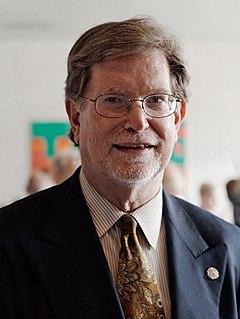A Quote by Sakyong Mipham
Shambhala is a tradition where there were rulers, kings, and powerful people who actually were very benevolent and kind. They got things done, and they didn't abandon their tradition.
Related Quotes
The Western music tradition is mostly addressed to a public that has a critical mind, and judges the quality of the writing, of the interpretation. And I think it is a great tradition! It pushes the musicians to always go further, and to never stop pushing the limits and explore what can be done with sounds. And great pieces of art were born from that tradition.
I embraced Hinduism because it was the only religion in the world that is compatible with National Socialism. And the dream of my life is to integrate Hitlerism into the old Aryan Tradition, to show that it is really a resurgence of the original Tradition. It's not Indian, not European, but Indo-European. It comes from back to those days when the Aryans were one people near the North Pole. The Hyperborean Tradition.
Those who feel guilty contemplating "betraying" the tradition they love by acknowledging their disapproval of elements within it should reflect on the fact that the very tradition to which they are so loyal—the "eternal" tradition introduced to them in their youth—is in fact the evolved product of many adjustments firmly but delicately made by earlier lovers of the same tradition.
The pictures that were coming from Vietnam were showing us what was really happening on the ground level. It was in contradiction to what our political and military leaders were telling us. They were straight forward documentary images. A powerful indictment of the war, of how cruel and unjust it was. When I finally decided what to do with my life, it was to follow in that tradition.
The urge to break with a tradition is only appropriate when you're dealing with an outdated, troublesome tradition: I never really thought about that because I take the old-fashioned approach of equating tradition with value (which may be a failing). But whatever the case, positive tradition can also provoke opposition if it's too powerful, too overwhelming, too demanding. That would basically be about the human side of wanting to hold your own.
When tradition is thought to state the way things really are, it becomes the director and judge of our lives; we are, in effect, imprisoned by it. On the other hand, tradition can be understood as a pointer to that which is beyond tradition: the sacred. Then it functions not as a prison but as a lens.































